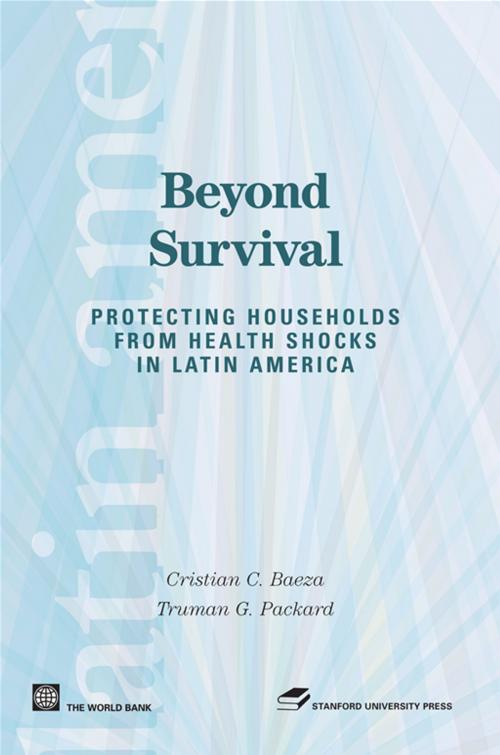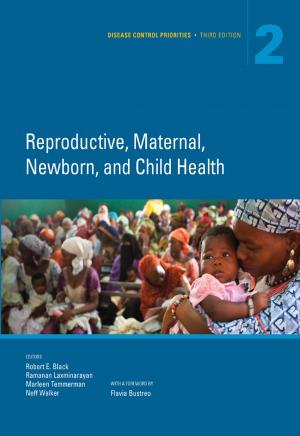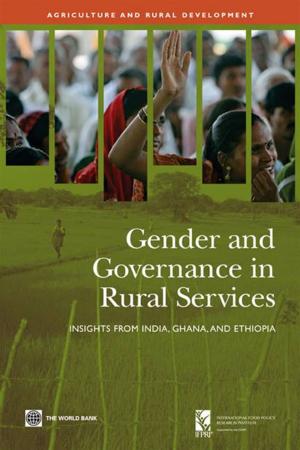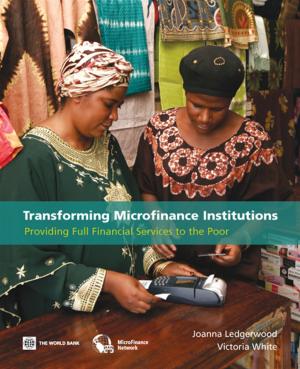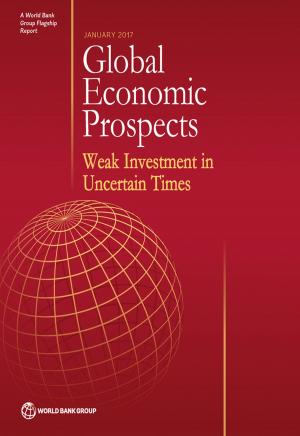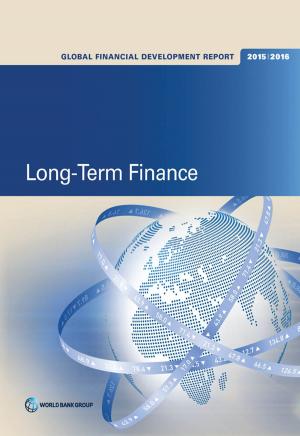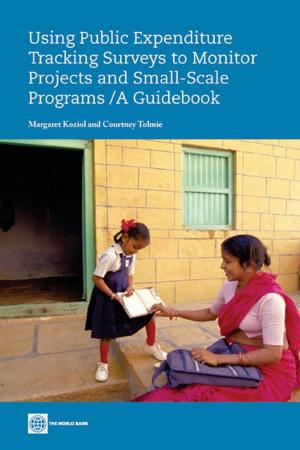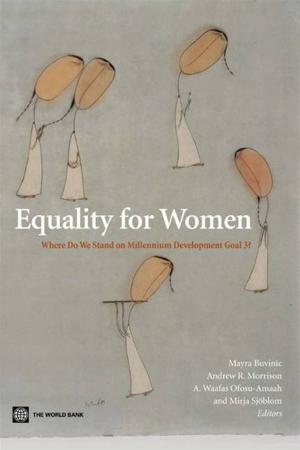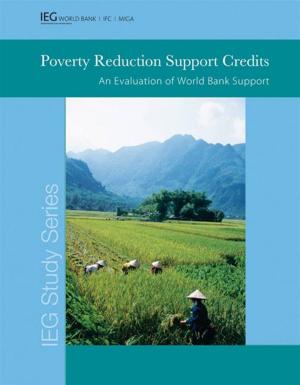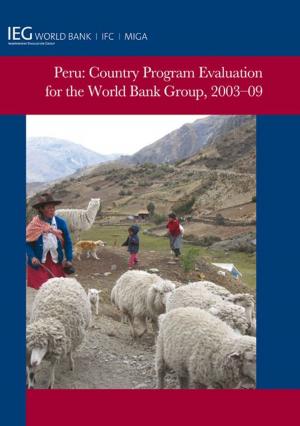Beyond Survival: Protecting Households From Health Shocks In Latin America
Nonfiction, Health & Well Being, Medical, Reference, Health Policy| Author: | Baeza Cristian C.; Packard Truman G. | ISBN: | 9780821365717 |
| Publisher: | World Bank | Publication: | June 20, 2006 |
| Imprint: | Language: | English |
| Author: | Baeza Cristian C.; Packard Truman G. |
| ISBN: | 9780821365717 |
| Publisher: | World Bank |
| Publication: | June 20, 2006 |
| Imprint: | |
| Language: | English |
Beyond Survival breaks new ground in the ongoing debate about health finance and financial protection from the costs of health care. The evidence and discussion support the need to consider financial protection, in addition to health status, as a policy objective when setting priorities for health systems. This book reviews the Latin American experience with health reform in the last 20 years and the fundamentals of health system financing, using new evidence to show the magnitude and mechanisms that determine the impoverishing effects of health events (diseases, accidents, and those of the life cycle). It provides options for policy makers on how to protect, and help household to protect themselves, against this impoverishment.The authors use empirical evidence from six case studies commissioned for this report, on Argentina, Chile, Colombia, Ecuador, Honduras, and Mexico. This book provides policy makers with a solid conceptual basis for decisions on the contents of mandatory health insurance benefit packages, choices of financing mechanisms, and the roles of public policy in this field.Beyond Survival provides an in-depth analysis of, and organizational alternatives for, risk pooling and health insurance for financial protection. It analyzes the urgent need to extend risk pooling to the informal sector, the challenges for current social insurance arrangements, and options for policy makers to effectively extend risk pooling to the informal sector.
Beyond Survival breaks new ground in the ongoing debate about health finance and financial protection from the costs of health care. The evidence and discussion support the need to consider financial protection, in addition to health status, as a policy objective when setting priorities for health systems. This book reviews the Latin American experience with health reform in the last 20 years and the fundamentals of health system financing, using new evidence to show the magnitude and mechanisms that determine the impoverishing effects of health events (diseases, accidents, and those of the life cycle). It provides options for policy makers on how to protect, and help household to protect themselves, against this impoverishment.The authors use empirical evidence from six case studies commissioned for this report, on Argentina, Chile, Colombia, Ecuador, Honduras, and Mexico. This book provides policy makers with a solid conceptual basis for decisions on the contents of mandatory health insurance benefit packages, choices of financing mechanisms, and the roles of public policy in this field.Beyond Survival provides an in-depth analysis of, and organizational alternatives for, risk pooling and health insurance for financial protection. It analyzes the urgent need to extend risk pooling to the informal sector, the challenges for current social insurance arrangements, and options for policy makers to effectively extend risk pooling to the informal sector.
